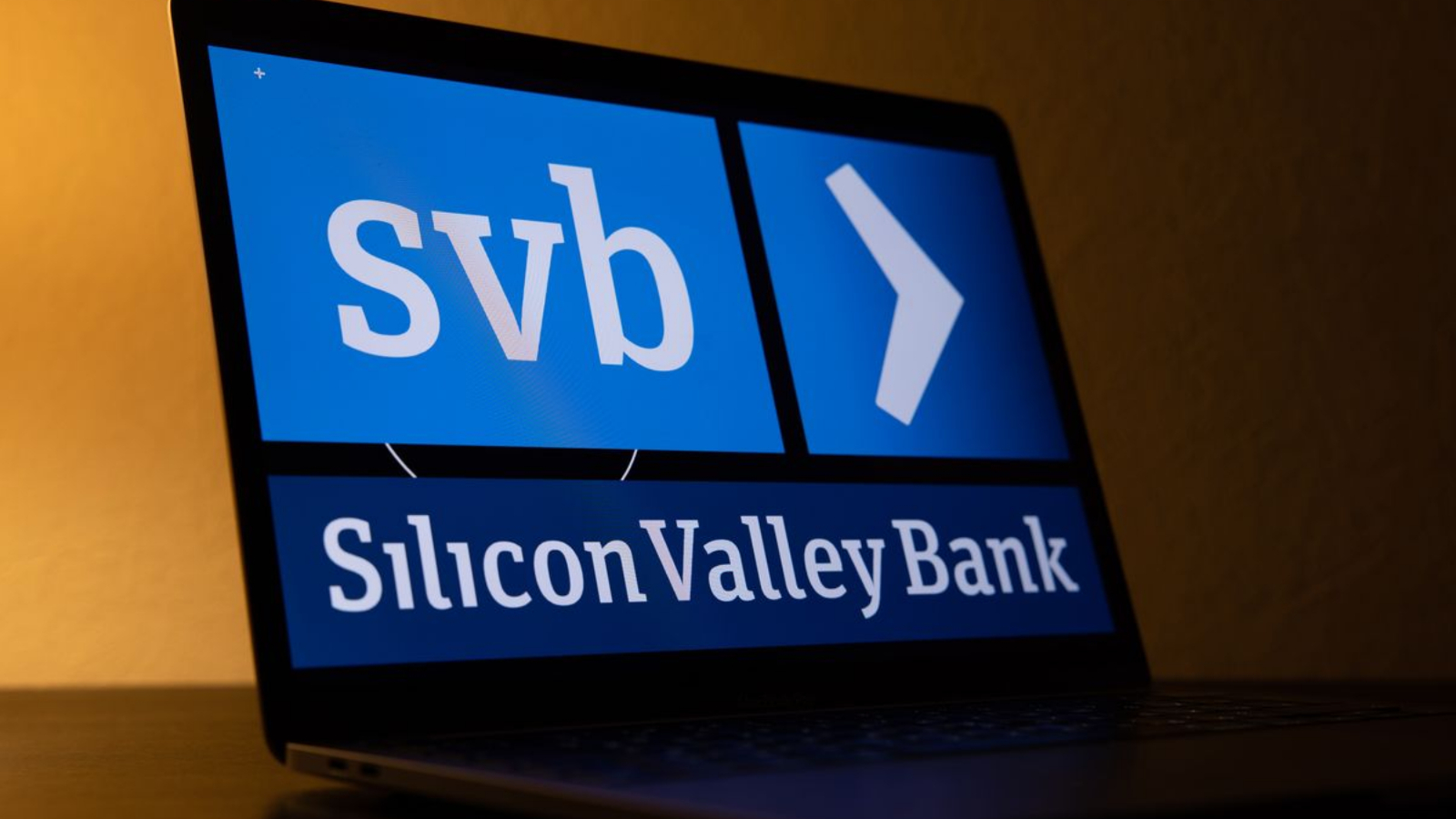It was a week ago when Silicon Valley Bank (svb or SVB) domiciled in the state of California on the Western fringe of the United States announced its intention to raise $2.25 billion to plug losses caused by sale of assets affected by higher interest rates. That announcement reportedly triggered panic, forcing companies and customers to withdraw their money in droves from the bank. The effects didn’t take much time to be felt beyond svb as other US banks having similar deposit and funding profiles saw their shares quickly taking a hit.
Expectedly, the US authorities have taken over the control of SBV’s customer deposits in what has become the largest failure of US banks since 2008, or what can easily snowball into Global Financial Crisis 2.0. Financial regulators in the US have speedily shut down the tech start-up focused lender, in apparent bid to stop the impending metastasis of the invasive financial affliction that is well under way to affect tech start-ups outside the US.
Join our WhatsApp ChannelREAD ALSO: Signature Bank Falls: U.S Records Third Largest Bank Failure In History
Considering the all-encompassing impacts of SBV’s collapse, four US banks reportedly lost $55 billion in one single day. Apart from the risks associated with greater interconnectedness of financial institutions nowadays, the SVB is more vulnerable to tech slowdown due to the high exposure of a bank that is mainly about venture capital, coupled with the failures of many beneficiary start-ups. The failure of this tech lender to raise capital was a glaringly ominous sign of greater crisis within.
READ ALSO:Silicon Valley Bank Collapse: FCMB Borrows N20.68bn To Protect Against Insolvency
And, considering the fact that the same cord binds SVB with other financial institutions, its collapse is worrisome. California is home to major tech firms in US. To put it in context, the booming tech industry has resulted in turning California into an expensive state, with property market out of the reach of many residents. The high cost of living in California has led to an upsurge of the figures of the jobless and homeless. A bit north of California is Washington state, another tech base. The economy of the State of California alone is rated as the largest in the US. As of 2022, it was estimated at $3.63 trillion gross state product (GSP), representing 14.6 per cent of the entire economy in the US. A distress to California, especially to the tech industry, is therefore a distress to the entire US. For the past nearly half a century, Silicon Valley has displaced Hollywood to become the main driver of the California state economy.
READ: FULL LIST: How 18 U.S Banks Failed In 5 Years – Questions For Nigerian Banks
The knock on effects of this collapse on the economy of the US and the world could better be imagined. In particular, countries such as India, Finland, South Korea and some others have cause to panic, especially from tech perspectives while Switzerland and the UK, for instance, will have to brace for impacts in the international banking sector. How China would hope to escape the multiplier impacts is yet unclear as the country’s Great Firewall will be of no particular use as insulator in this case. It will be of great interest to see how developing economies, particularly Nigeria’s, will escape the broader and remote impacts of this looming financial crisis.
Although, based on the experience of the recent past, it is easy to predict the direction things will go, it may be extremely difficult go accurately describe the twists and turns that will ultimately be involved. How to minimise the remote impact of SBV’s collapse on Nigeria and how to navigate the minefield will be of great essence. This is what Nigerian government and the financial institutions need to be preoccupied with at this point in time. The response needs to be very early and broad-based. Nigeria needs to avoid being dragged into the crisis. Should that happen at this time, it will further complicate things for the people who have been through serious economic ordeal locally and are yet to recover from the aftermath of the deprivation that COVID-19 unleashed on them. That has recently been made worse by the federal government’s ill-timed Naira redesign and currency swap that has nearly crippled many small and medium scale enterprises that have to do a lot to survive in an operating environment that is hardly as investor-friendly as in the US.
Dr. Oyeleye is a public analyst and commentator
















Follow Us